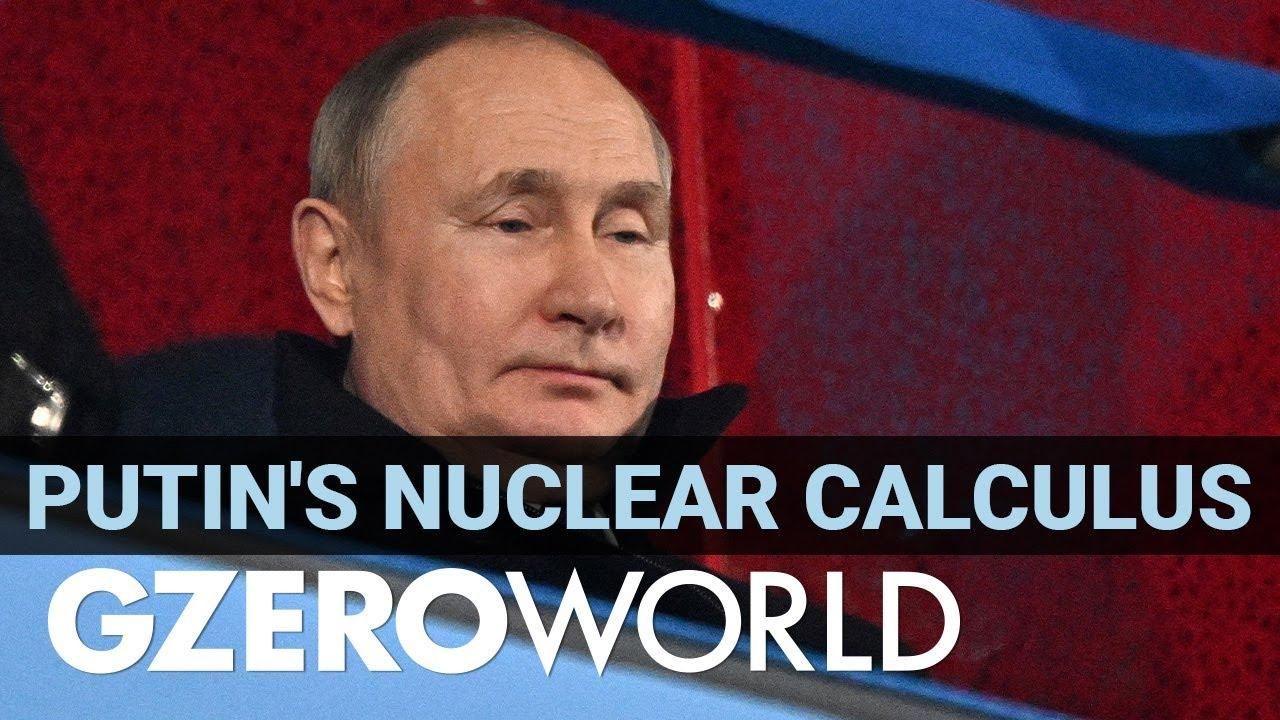GZERO World Clips
Putin's nuclear calculus and the Ukraine Paradox

How the Ukraine Paradox Explains Putin's Nuclear Calculus | GZERO World

Immediately after Russia invaded Ukraine, the odds of Moscow using nuclear weapons were low because it seemed likely they'd overrun the country with conventional weaponry. New York Times national security correspondent David Sanger credits NATO.
"Without the NATO support, I don't think the Ukrainians would have held on," Sanger tells Ian Bremmer on GZERO World.
But now, he warns, we're dealing with the 'Ukraine Paradox': the more successful Ukraine gets, the more likely Vladimir Putin will consider using non-conventional weapons. Will that include nukes? Perhaps.
For Sanger, the risk of Putin going nuclear has gone significantly up since the war began in late February.
China was largely absent from the core conversations at the 2026 Munich Security Conference. That, says Ian Bremmer, is telling.
At the 2026 Munich Security Conference, Brad Smith announces the launch of the Trusted Tech Alliance, a coalition of global technology leaders, including Microsoft, committing to secure cross-border tech flows, ethical governance, and stronger data protections.
Tune in today at 12pm ET/6pm CET for the live premiere of our Global Stage from the 2026 Munich Security Conference, where our panel of experts takes aim at the latest global security challenges. NY Times National Security Correspondent David Sanger moderates the discussion with Benedetta Berti, Secretary General, NATO Parliamentary Assembly; Ian Bremmer, President & Co-founder, Eurasia Group & GZERO Media; Dr. Wolfgang Dierker, Global Head of Government Affairs, SAP; and Brad Smith, Vice Chair & President, Microsoft.